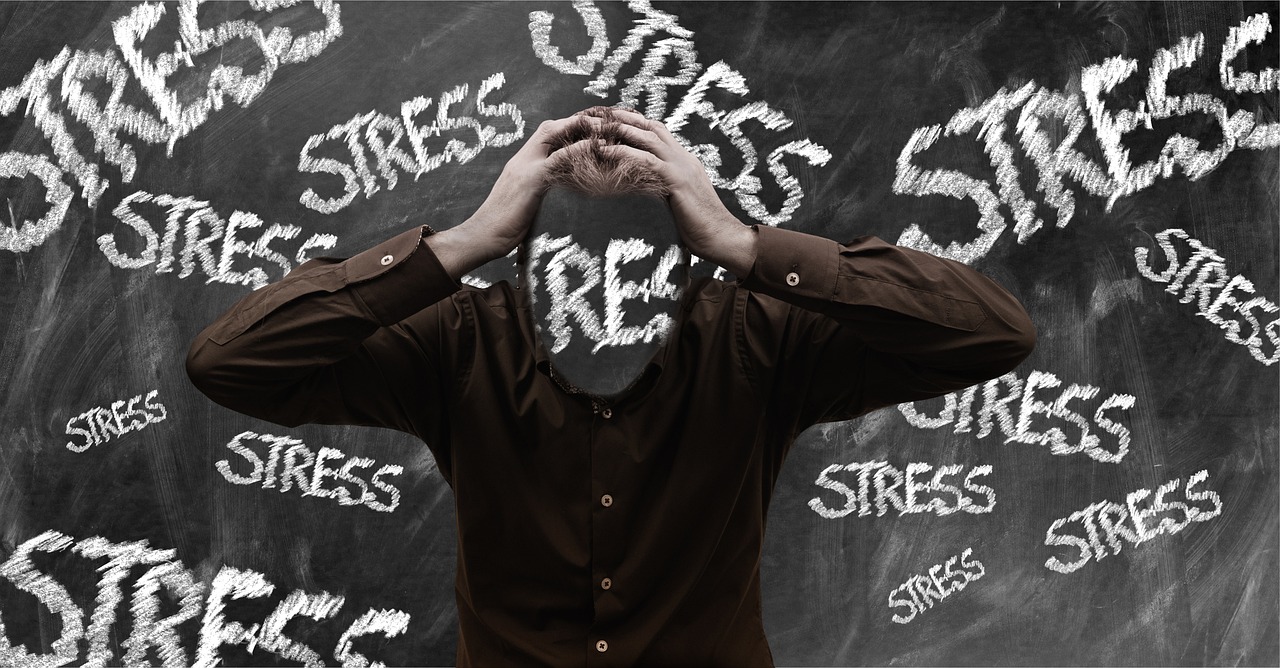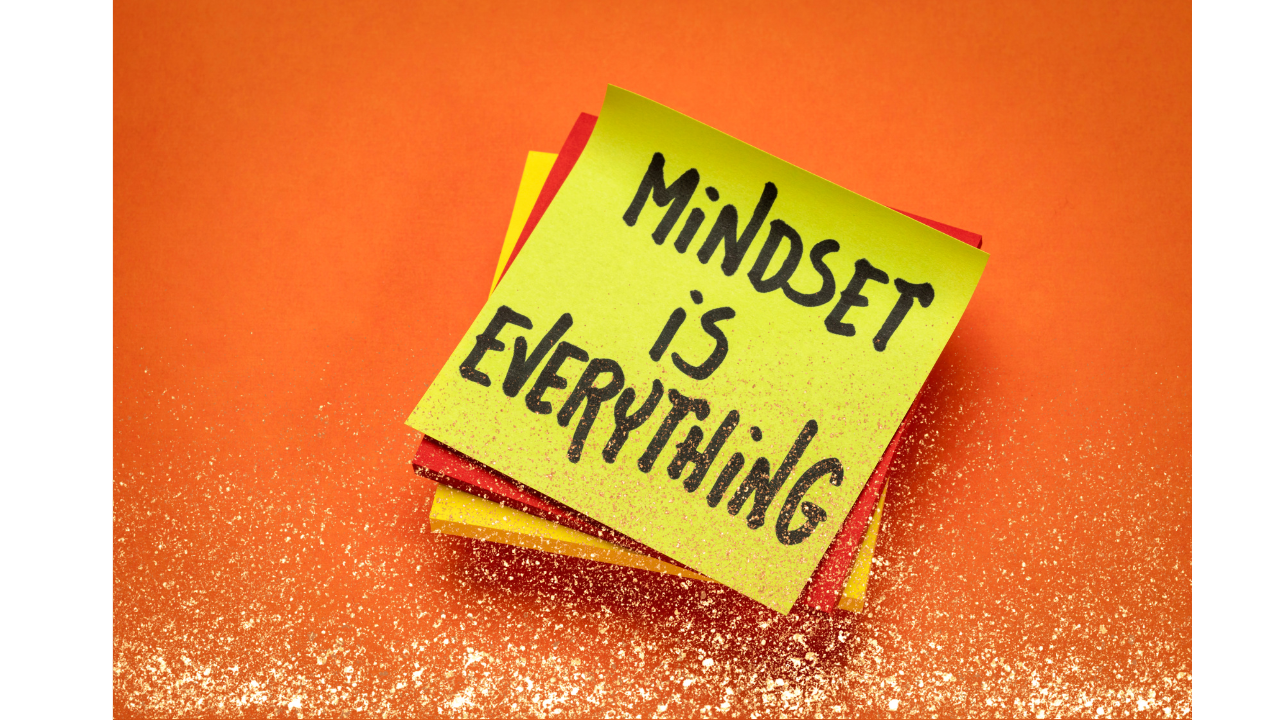Introduction
In the previous blog post, Chronic Stress: What You Need to Know, we discussed what chronic stress is and how it differs from acute stress. We also explored the four components of the stress response and some common symptoms of chronic stress.
In this blog post, we’ll discuss the different types of stressors that can contribute to chronic stress. We’ll also explore how stress can build up over time and how personal factors can contribute to chronic stress.
Types of Stressors
Stressors can be categorized as either external or internal. External stressors are stressors that come from outside of us, such as work, relationships, finances, and health problems. Internal stressors are stressors that come from within us, such as our thoughts, emotions, and beliefs.
Some common examples of external stressors include:
- Work-related stress: This can include things like long hours, demanding deadlines, and difficult coworkers.
- Relationship stress: This can include things like conflict with loved ones, divorce, or the death of a loved one.
- Financial stress: This can include things like debt, job loss, or unexpected expenses.
- Health problems: This can include things like chronic pain, chronic illness, or disability.
Some common examples of internal stressors include:
- Negative thoughts: This can include things like self-doubt, catastrophizing, and rumination.
- Emotions: This can include things like anxiety, anger, and sadness.
- Beliefs: This can include things like perfectionism, unrealistic expectations, and fear of failure.
How Stress Builds Up
When we experience a stressful event, our bodies release hormones such as adrenaline and cortisol. These hormones help us to either fight or flee the stressful situation. However, if we’re constantly exposed to stress, our bodies can’t keep up with the release of these hormones. This can lead to chronic stress.
Chronic stress can build up over time in a number of ways. For example, if we’re exposed to a lot of external stressors, such as work-related stress and relationship stress, our bodies can’t cope with all of the stress. This can lead to chronic stress.
Internal stressors can also contribute to chronic stress. For example, if we have negative thoughts about ourselves or our abilities, this can lead to chronic stress.
Personal Factors
The way we perceive experiences and our ability to cope with them, along with personal factors such as personality, can greatly influence the development of chronic stress. Some examples of how these factors can manifest include having a genetic predisposition to stress, which increases the likelihood of experiencing chronic stress, being a perfectionist and feeling disappointed when failing to meet self-imposed expectations, and lacking effective coping skills.
Conclusion
The different types of stressors can contribute to chronic stress in a number of ways. By understanding the different types of stressors, we can start to identify the stressors that are contributing to our own chronic stress. Once we’ve identified the stressors, we can start to develop strategies for coping with them.
If you’re struggling with chronic stress, it’s important to seek professional help. A therapist can help you to identify the stressors that are contributing to your chronic stress and develop coping mechanisms to manage them.
For more information on chronic stress, please refer to our previous blog post, Chronic Stress: What You Need to Know. In week 3, we’ll discuss the physical and mental health effects of chronic stress. We’ll also discuss how chronic stress can impact our relationships and how to prevent the long-term effects of chronic stress.
Disclaimer:
This blog post is for informational purposes only. It is not intended to be a substitute for professional advice. Please consult with a qualified professional before making any decisions about your stress management strategy.








